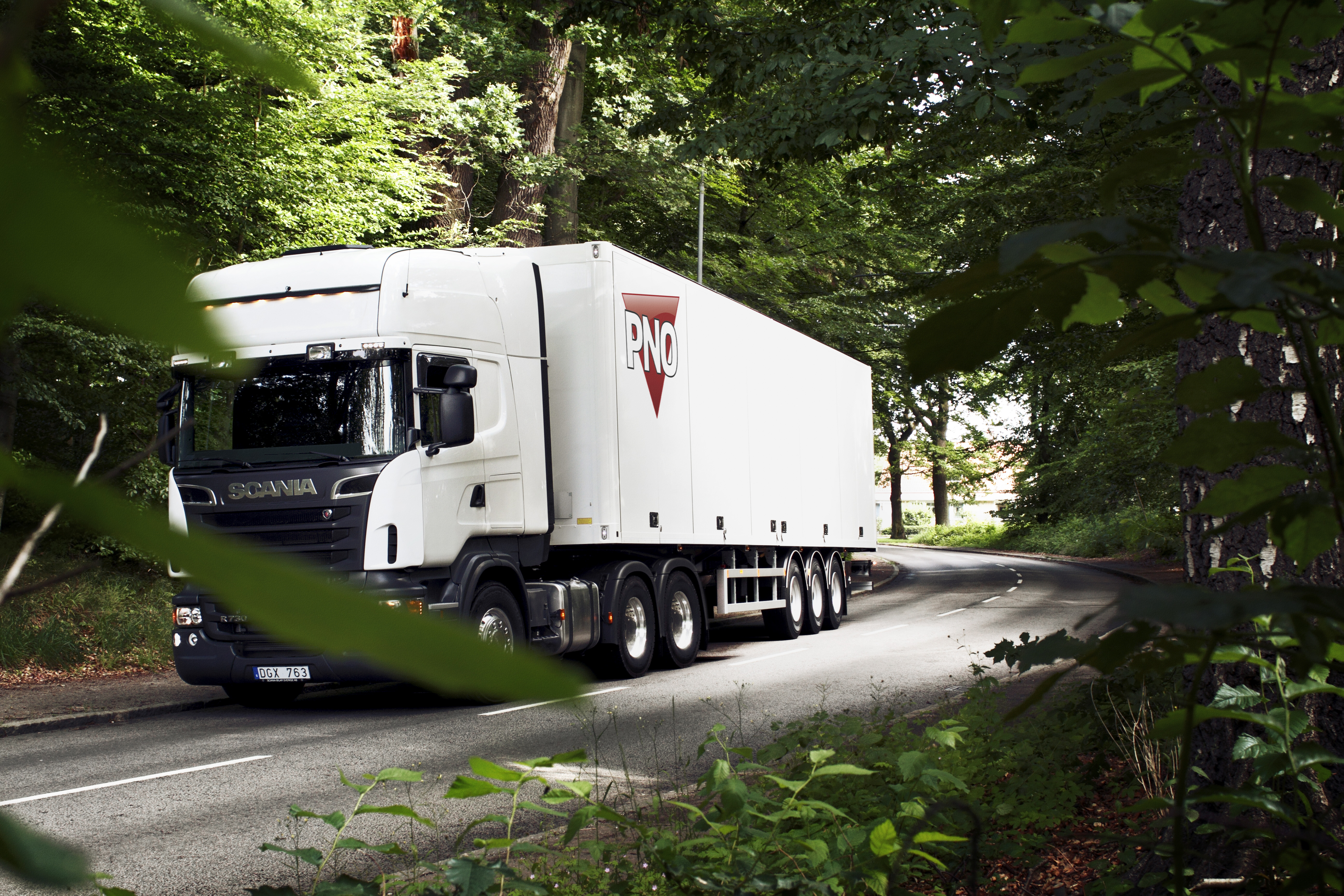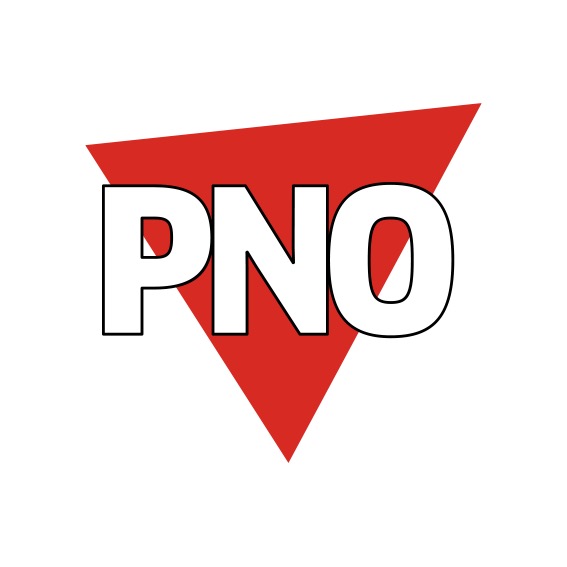



PNO

Central Denmark Region, Denmark
September 2019
Rent/lease: other goods
Service with Significant Environmental Footprint
Denmark,
Finland,
Germany,
Netherlands The,
Norway,
Poland,
Sweden
We are a family-owned company based on the values of responsibility and common sense. It has been that way since 1975 when Per Nelson Ørnstrand (PNO) founded the company. Since then, the next generation of the Ørnstrand family has now taken over, and today, the Lee Ørnstrand family is heading the company. PNO believes in long-term customer relationships based on trust, and the importance of taking responsibility as a company – not only in relation to our customers but also towards the environment and our employees. Our purpose is to lead the transition to sustainable freight, and we strongly believe that PNO can be a key driver of change in the logistics industry. We are investing in innovation and digitalization. PNO Ventures is our in-house, innovation hub dedicated to developing new ways to add value to customers, and how we continue to develop in an ever-changing market. Based out of our head office in Copenhagen, and with branches in Helsinki, Oslo, Hamburg, Helsingborg in Sweden, Horsens in Denmark, Venlo in the Netherlands and .
Overall B Impact Score
Governance 18.0
Governance evaluates a company's overall mission, engagement around its social/environmental impact, ethics, and transparency. This section also evaluates the ability of a company to protect their mission and formally consider stakeholders in decision making through their corporate structure (e.g. benefit corporation) or corporate governing documents.
What is this? A company with an Impact Business Model is intentionally designed to create a specific positive outcome for one of its stakeholders - such as workers, community, environment, or customers.
Governance 18.0
Governance evaluates a company's overall mission, engagement around its social/environmental impact, ethics, and transparency. This section also evaluates the ability of a company to protect their mission and formally consider stakeholders in decision making through their corporate structure (e.g. benefit corporation) or corporate governing documents.
What is this? A company with an Impact Business Model is intentionally designed to create a specific positive outcome for one of its stakeholders - such as workers, community, environment, or customers.
Workers 26.3
Workers evaluates a company’s contributions to its employees’ financial security, health & safety, wellness, career development, and engagement & satisfaction. In addition, this section recognizes business models designed to benefit workers, such as companies that are at least 40% owned by non-executive employees and those that have workforce development programs to support individuals with barriers to employment.
Community 19.2
Community evaluates a company’s engagement with and impact on the communities in which it operates, hires from, and sources from. Topics include diversity, equity & inclusion, economic impact, civic engagement, charitable giving, and supply chain management. In addition, this section recognizes business models that are designed to address specific community-oriented problems, such as poverty alleviation through fair trade sourcing or distribution via microenterprises, producer cooperative models, locally focused economic development, and formal charitable giving commitments.
Environment 34.1
Environment evaluates a company’s overall environmental management practices as well as its impact on the air, climate, water, land, and biodiversity. This includes the direct impact of a company’s operations and, when applicable its supply chain and distribution channels. This section also recognizes companies with environmentally innovative production processes and those that sell products or services that have a positive environmental impact. Some examples might include products and services that create renewable energy, reduce consumption or waste, conserve land or wildlife, provide less toxic alternatives to the market, or educate people about environmental problems.
What is this? A company with an Impact Business Model is intentionally designed to create a specific positive outcome for one of its stakeholders - such as workers, community, environment, or customers.
Customers 3.2
Customers evaluates a company’s stewardship of its customers through the quality of its products and services, ethical marketing, data privacy and security, and feedback channels. In addition, this section recognizes products or services that are designed to address a particular social problem for or through its customers, such as health or educational products, arts & media products, serving underserved customers/clients, and services that improve the social impact of other businesses or organizations.